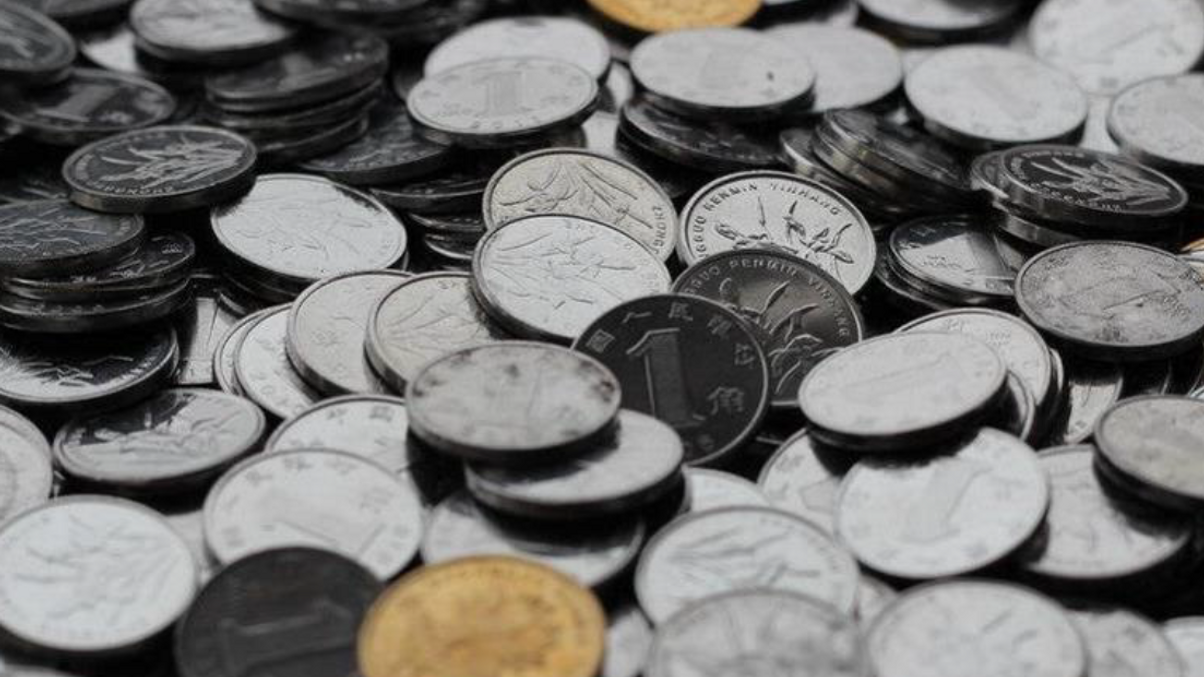Assets in commodity-rich emerging economies well-equipped to weather inflation
US Federal Reserve rate hikes pose a bigger threat to emerging economies than inflation, and China can play a major role in the post-pandemic recovery, experts say.

Asia’s emerging economies are likely to weather the inflation and geopolitical woes plaguing developed markets today, with assets such as long-term bonds and commodity and energy shares presenting good opportunities to institutional investors.
Sign in to read on!
Registered users get 2 free articles in 30 days.
Subscribers have full unlimited access to AsianInvestor
Not signed up? New users get 2 free articles per month, plus a 7-day unlimited free trial.
¬ Haymarket Media Limited. All rights reserved.


